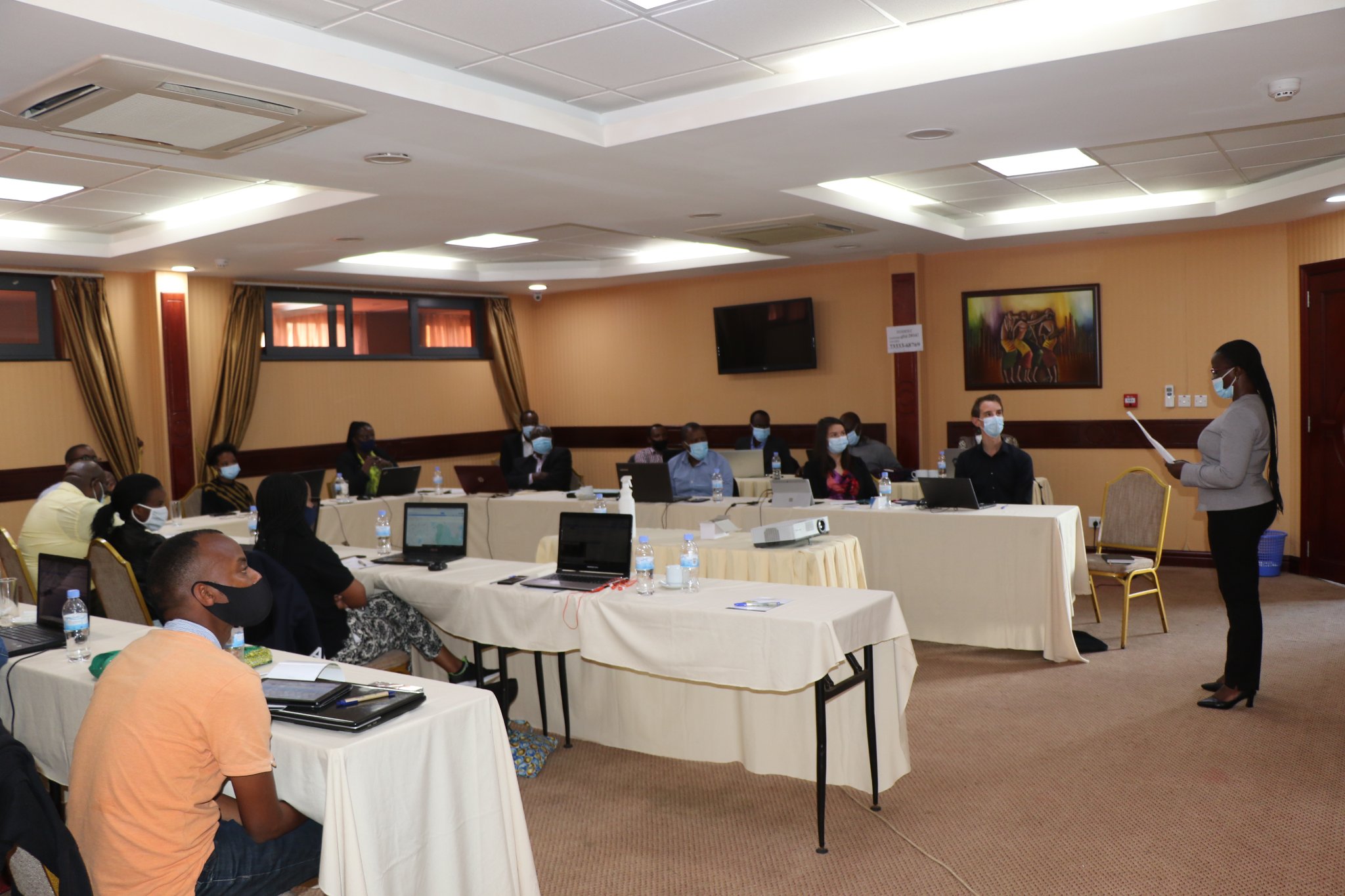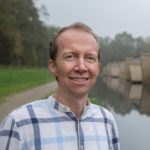Last week FutureWater has finished the Tailor Made Training for the Rwanda Water Resources Board (RWB) on Water Allocation Modeling and Remote Sensing Analysis. We taught about 20 participants of the RWB how to work with the Water Evaluation And Planning model WEAP and the Remote Sensing platform of Google Earth Engine (GEE), state of the art technologies that are excellent for Integrated Water Resources Management (IWRM).
The training aimed at building and enhancing capabilities of the participants in environmental and hydrological monitoring and modeling and was funded by the Orange Knowledge Program of Nuffic. It gave the participants valuable and necessary knowledge on IWRM and it provided the participants with relevant hands-on experience and cutting-edge knowledge on innovative solutions in water allocation modeling and earth observation technologies.
Due to the ongoing COVID-19 situation, the training was held online using our eLearning platform FutureWater Moodle School. The beauty of this platform is that all online sessions can be recorded and they are still available for the participants to have another look at it. All material (exercises, manuals etc.) developed during the course is also still available on our FutureWater Moodle School. The Rwanda Water Resources Board is recruiting new staff in the future and this new staff will also have access to all material.
When COVID-19 restrictions were less strict in November 2020 and Rwanda was considered as one of the few safe countries to go to, FutureWater colleagues Jonna van Opstal and Reinier Koster went to Kigali to host a 3 day on-site training session. The training adhered to strict measures (social distancing, mouth masks, disinfectant and full time ventilation) to prevent the spread of COVID-19. The on-site training really added value to the course, since the trainers were capable of explaining things in more detail and look over shoulders of participants when they were working on assignments.
During the final 6 weeks of the training, the participants worked in 4 groups on a case study with a subject relevant for the Rwanda Water Resources board. Two groups worked on a WEAP-related subject and the other 2 groups worked on a subject using GEE. A final online session was held where each group had the chance to present their results.



